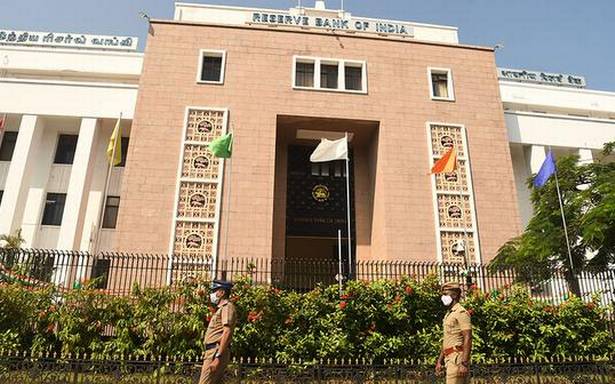Reserve Bank’s measures helped in economic turnaround, says Deputy Governor
Reserve Bank of India Deputy Governor Michael Debabrata Patra on Friday said the central bank’s decision to continue with an accommodative policy stance, despite criticism, had served the country well and that time would tell whether the approach had been ‘correct’.
“In a situation in which several Emerging Market Economies (EMEs) were jumping on to the bandwagon of tightening monetary policy and Advanced Economies (AEs) were announcing normalisation or joining their EMEs in raising policy rates, India held its ground and is among a few countries that have retained an accommodative monetary policy, despite some views that we have fallen behind the curve,” he said in a virtual speech delivered at the C.D. Deshmukh Memorial Lecture Series organised by the Council for Social Development, Hyderabad.
‘Time will tell’
“Only time will tell whether or not India has got it right but so far, this approach has served us well and helped in charting a course into the future which is different from the world,” he asserted.
“To summarise, the RBI’s measures have contributed significantly in engineering the turnaround in the Indian economy, supported by rising financial inclusion and digitalisation,” he said.
“We are on course to becoming among the fastest-growing economies of the world, but there is far to go. Private consumption and investment are still work-in-progress. The restoration of livelihoods and the revival of MSMEs is a formidable task that lies ahead,” he emphasised.
“RBI remains committed to revive and sustain growth on a durable basis and continue to mitigate the impact of COVID-19 on the economy, while ensuring that inflation remains within the target going forward,” he said.
Highlighting the governor’s various statements during the past monetary policy meetings since the pandemic began, he said, “When the definitive chronicle of this period is recorded, history will judge the role of the RBI in ameliorating the impact of COVID-19 and in lifting the Indian economy out of the depths of the pandemic’s contraction.”
“I would not hazard the audacity of anticipating the judgment of history, but today, India is much better placed to deal with future waves of the pandemic relative to the first wave,” he said. However, he flagged that though inflation had eased from pandemic highs to more tolerable levels in recent months, it had remained elevated amidst high commodity prices, including of crude oil.
“In the documentation of this journey, however, what I fear may not receive a fuller appreciation is that the RBI’s pandemic response was fashioned around and launched with a central anchor, a leitmotif if you will, that bound everything together into a coherent whole,” he added.
“I refer to the Governor’s statements, which have become an integral element of the institutional edifice of the RBI’s pandemic response,” he said.
Dr. Patra said as the pandemic continued to shape the future, the RBI remained ‘armed and battle ready’.
“Continuously evaluating highly volatile and uncertain conditions and remaining prepared to protect the economy from shocks, the RBI has committed all its instruments to this objective, using conventional measures and fashioning new ones, as the pandemic experience showed.”
He said the lessons of the pandemic will be imbibed and the RBI will emerge stronger and more resilient than before, and committed to its mandate of price stability, keeping in mind the objective of growth.
Source: Read Full Article

